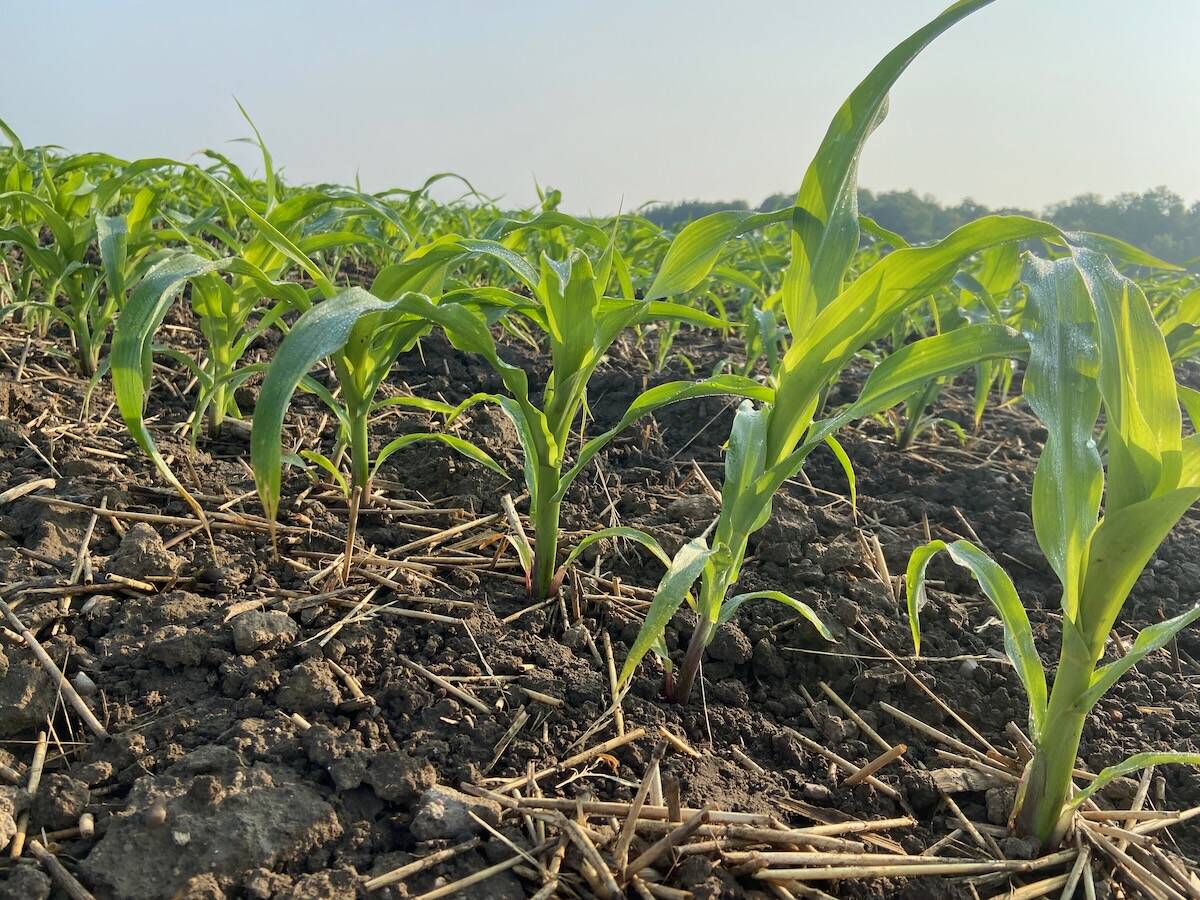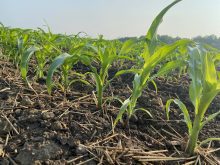The co-founders of Ribstone Creek Brewery have brought a value-added business back to the village where they grew up
Don Paré’s plan to build a brewery in the heart of rural Alberta came about the way many grand ideas do: Over a few drinks with old friends.
“One of the fellows had acquired a building in Edgerton, and while we were having a rum one evening, we decided, ‘What could we do there to rejuvenate things and bring a little value-added to the community?'” said Paré, a Chauvin-area farmer and president of Ribstone Creek Brewery.
Read Also

Can we trust the USDA crop data anymore?
Indications that farmers, analysts and traders have started to lose trust in U.S. Department of Agriculture data are hardly a surprise.
Vice-president Chris Fraser had seen some craft breweries along his travels, and as soon as he suggested it, the four co-founders — Paré, Fraser, CEO Cal Hawkes, and CFO Alvin Gordon — knew they had hit upon the right idea.
“Nothing quite gets people’s attention like when you say the word ‘brewery,'” said Paré.
Fraser began to research the logistics of building a brewery in Edgerton (90 km southwest of Lloydminster), and during the course of a conversation with a supplier of brewery equipment in the states, the group’s lack of experience soon became apparent.
“They basically said to him, ‘You really don’t know what you’re doing, do you?’ And we had to admit that we didn’t,” Paré said.
The supplier put the group in touch with brewmaster and former owner of Bear Brewing
David Beardsell, who jumped at the opportunity.
“So we started the brewery from the five guys,” said Paré. “One guy who really knew a lot about beer and making it, and four guys who just wanted to get a business going.”
Almost one year after Ribstone Creek brewed its first batch of beer, the brewery has already had to expand once to meet growing demand for its lager.
“It was a nice problem to have, when your demand outweighs your production,” said Paré. “But unfortunately, it does hurt you, because people complain they can never get a hold of your product and it makes your sales a little more difficult down the road.”
Anticipating demand is an ongoing challenge.
“The learning curve has been very steep on how to predict the future and know what you’re going to need.”
Their lager takes six weeks to ferment.
“It’s like looking into the future and saying, ‘How much beer should we have on hand on this date?'” Paré said.
Right now, the brewery can produce 7,000 litres of beer weekly, but their small canning line, run once a week by volunteers, produces only around 5,400 cans (355 ml per can) a week. Paré said he hopes to double production eventually, and release seasonal beers, once the brewery has more full-time staff.
“Very often, a brewery is started by one brewmaster who has a dream of building a brewery, and we have four guys who are working on it, and we’re all doing stuff all the time,” he said. “I don’t know how one person could ever manage it.”
“Vacated”
Finding the time to build a successful business has been a challenge for Paré and his partners, who each have busy day jobs.
“I basically told the guys I cannot come in to help during the month of harvest,” said Paré, who grows wheat, canola and barley on his 1,500-acre farm in east-central Alberta. “I kind of vacated myself, and we had to rely on other people to do it.”
Though Paré has some experience with growing malt barley, Ribstone Creek sources its malt from Calgary.
“Saskatchewan and Alberta are probably the premier places in the world for growing malt barley, so we use Canadian product. Where the malt exactly comes from depends on the kind of malt you want for your beer.”
As a farmer, Paré said, he felt it was important to bring a value-added business that uses barley grown and processed in Alberta to the small community where he grew up.
“The goal was to start this business in a small community and try to ensure that it’s going to stay here and bring something to the community,” he said. “It’s a great attention-getter for the village. We have people coming for tours that are just so fascinated this little brewery is sitting right in town.
“That awareness — that you’re way out in the middle of nowhere and you can make beer and it’s good beer — is just a very fascinating thing to see.”
— Jennifer Blair is a reporter for Alberta Farmer Express at Red Deer, Alta. This article originally appeared in the Nov. 11, 2013 issue (pages 1 + 7).














